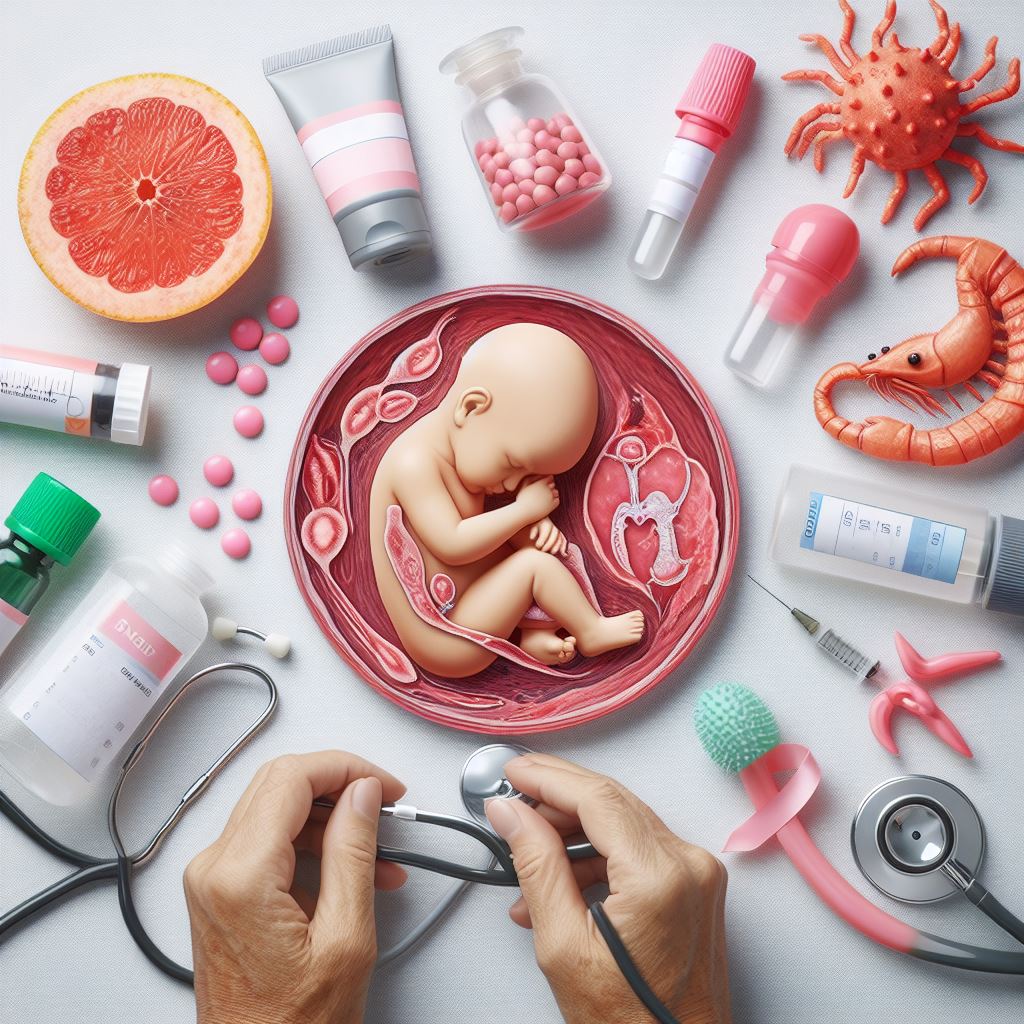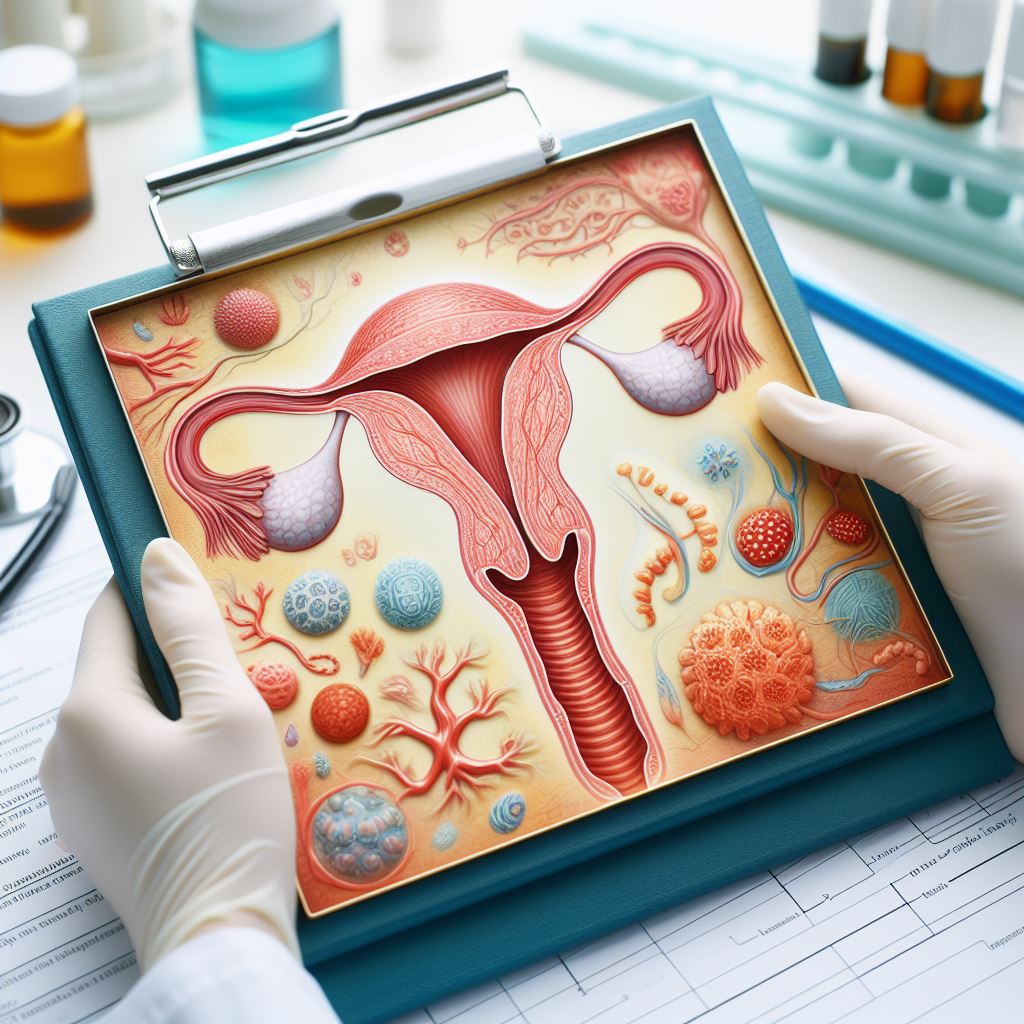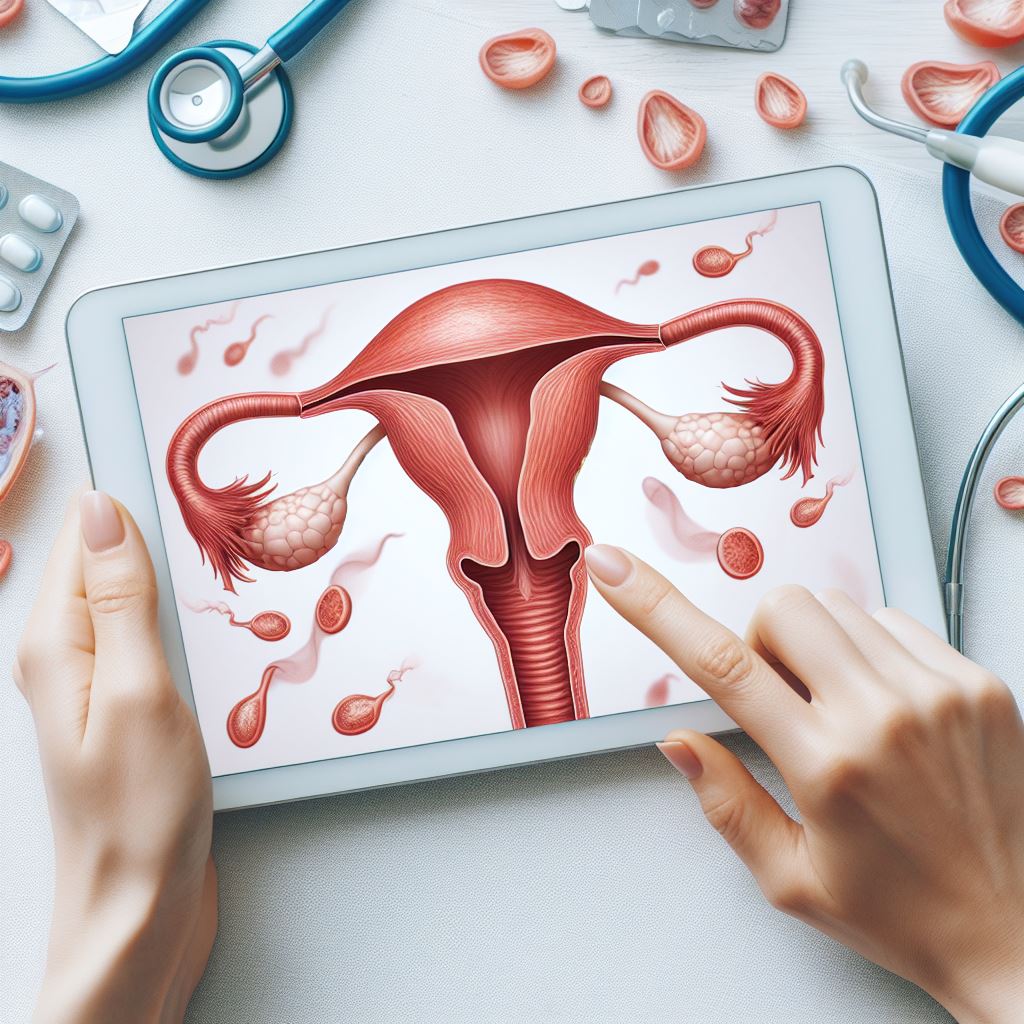- Introduction
Cancer is a disease that affects millions of people around the world, and can have a profound impact on their physical, emotional, and social well-being. For women who are diagnosed with cancer, one of the concerns that may arise is how cancer and its treatments may affect their fertility (ability to get pregnant) and their future plans of having children.
Fortunately, there are ways to preserve fertility before, during, and after cancer treatment, and to increase the chances of having a healthy pregnancy and a healthy baby. In this blog post, we will explain how cancer and its treatments can affect fertility, what are the options for fertility preservation, and how to make informed decisions about your reproductive health and future.
How can cancer and its treatments affect fertility?
Cancer is a disease that occurs when abnormal cells grow and divide uncontrollably, forming tumors or spreading to other parts of the body. Cancer can affect any organ or tissue in the body, and can have different causes, symptoms, and outcomes, depending on the type and stage of the cancer.
Fertility is the ability to conceive and carry a pregnancy to term. Fertility depends on several factors, such as the number and quality of eggs in the ovaries, the function of the fallopian tubes and the uterus, the balance of hormones, and the health of the partner’s sperm.
Cancer and its treatments can affect fertility in several ways, such as:
- Damaging the eggs in the ovaries. Some cancer treatments, such as chemotherapy, radiation, and surgery, can damage or destroy the eggs in the ovaries, reducing the ovarian reserve (the number of eggs available for fertilization) and the egg quality (the ability of the eggs to be fertilized and develop into healthy embryos). This can lead to infertility (the inability to get pregnant), early menopause (the permanent cessation of periods), or poor pregnancy outcomes (such as miscarriage, ectopic pregnancy, or birth defects).
- Damaging the fallopian tubes or the uterus. Some cancer treatments, such as surgery, radiation, or certain drugs, can damage or remove the fallopian tubes or the uterus, affecting the transport of the eggs and the sperm, and the implantation and development of the embryo. This can lead to infertility, ectopic pregnancy, or uterine complications (such as scarring, infection, or bleeding).
- Affecting the hormone levels. Some cancer treatments, such as chemotherapy, radiation, or hormone therapy, can affect the production and balance of hormones that regulate the menstrual cycle, ovulation, and pregnancy. This can lead to irregular periods, anovulation (the absence of ovulation), or hormonal imbalances (such as low estrogen or high testosterone). This can also affect the response to fertility drugs or treatments, and the success of assisted reproductive technologies (ART), such as in vitro fertilization (IVF) or intrauterine insemination (IUI).
- Causing other health problems. Some cancer treatments, such as chemotherapy, radiation, or immunotherapy, can cause other health problems that can affect fertility, such as infections, inflammation, blood clots, or organ damage. These can impair the immune system, the blood flow, or the function of the reproductive organs, and increase the risk of complications during pregnancy and childbirth.
The impact of cancer and its treatments on fertility varies depending on several factors, such as:
- The type and stage of cancer. Some cancers are more likely to affect the reproductive organs or hormones than others, such as ovarian cancer, cervical cancer, endometrial cancer, or breast cancer. The stage of cancer indicates how advanced or aggressive the cancer is, and how much it has spread to other parts of the body.
- The type and dose of cancer treatment. Some cancer treatments are more likely to affect fertility than others, such as high-dose chemotherapy, pelvic or abdominal radiation, or radical surgery. The dose of cancer treatment indicates how much of the drug or radiation is given, and how often. The higher the dose, the more likely it is to damage the reproductive organs or hormones.
- The age and reproductive status of the woman. The age of the woman indicates how many eggs she has left in her ovaries, and how close she is to menopause. The older the woman, the fewer eggs she has, and the more likely she is to lose her fertility due to cancer treatment. The reproductive status of the woman indicates whether she has had children before, or if she wants to have children in the future. The more children she has had, the less likely she is to want more children, and the less likely she is to pursue fertility preservation options.
- The personal and family history of the woman. The personal and family history of the woman indicates whether she has any genetic or medical conditions that can affect her fertility, such as endometriosis, polycystic ovary syndrome (PCOS), or BRCA mutations. These conditions can reduce the ovarian reserve or the egg quality, and increase the risk of cancer recurrence or other health problems. The personal and family history of the woman also indicates whether she has any preferences or beliefs that can influence her decision about fertility preservation, such as religious, cultural, or ethical values.
Therefore, it is important to consult your doctor and a fertility specialist as soon as possible after your cancer diagnosis, to assess your fertility potential and your options for fertility preservation.
What are the options for fertility preservation?
Fertility preservation is the process of saving or protecting your eggs, sperm, or reproductive tissue, so that you can use them to have biological children in the future. Fertility preservation can be done before, during, or after cancer treatment, depending on your situation and preferences. There are different options for fertility preservation, such as:
- Egg freezing, which involves stimulating your ovaries with fertility drugs, retrieving your eggs from your ovaries, and freezing them in a laboratory for later use. This option can preserve your egg quantity and quality, and allow you to use your own eggs with your partner’s sperm or donor sperm, to create embryos and transfer them to your uterus or a surrogate’s uterus. This option can be done before or after cancer treatment, but it requires at least two weeks of hormonal stimulation, and it may not be suitable for women who have hormone-sensitive cancers, such as breast cancer or ovarian cancer.
- Embryo freezing, which involves stimulating your ovaries with fertility drugs, retrieving your eggs from your ovaries, fertilizing them with your partner’s sperm or donor sperm, and freezing the resulting embryos in a laboratory for later use. This option can preserve your fertility potential, and allow you to use your own embryos or donor embryos, to transfer them to your uterus or a surrogate’s uterus. This option can be done before or after cancer treatment, but it requires at least two weeks of hormonal stimulation, and it may not be suitable for women who have hormone-sensitive cancers, or who do not have a partner or a sperm donor.
- Ovarian tissue freezing, which involves surgically removing a part or all of one or both of your ovaries, and freezing the ovarian tissue that contains immature eggs in a laboratory for later use. This option can preserve your ovarian function and hormone production, and allow you to use your own eggs or donor eggs, to create embryos and transfer them to your uterus or a surrogate’s uterus. This option can be done before cancer treatment, and it does not require hormonal stimulation, but it is still experimental and not widely available, and it may not be suitable for women who have ovarian cancer or metastatic cancer.
- Ovarian transposition, which involves surgically moving your ovaries away from the area that will receive radiation, and securing them in a safe location, such as the pelvis or the abdomen. This option can protect your ovaries from radiation damage, and preserve your ovarian function and hormone production. This option can be done before cancer treatment, and it does not require hormonal stimulation, but it may not be effective if the radiation field is large or if the ovaries are accidentally exposed to radiation, and it may not be suitable for women who have ovarian cancer or abdominal cancer.
- Ovarian suppression, which involves using medications or implants to temporarily stop your ovaries from producing hormones and releasing eggs. This option can protect your ovaries from chemotherapy damage, and preserve your ovarian function and hormone production. This option can be done during cancer treatment, and it does not require hormonal stimulation, but it may not be effective if the chemotherapy is too toxic or if the ovaries are permanently damaged, and it may not be suitable for women who have hormone-sensitive cancers or who want to conceive during cancer treatment.
The options for fertility preservation have different advantages and disadvantages, and they may not work for everyone. Therefore, you should always consult your doctor and a fertility specialist, to find out which options are suitable and safe for you, and what are the success rates and costs of each option. You should also consider the ethical, legal, and emotional implications of each option, and discuss them with your partner, your family, and your counselor or therapist, before making a decision.
How to make informed decisions about your reproductive health and future?
Making decisions about your reproductive health and future can be challenging and stressful, especially when you are facing cancer and its treatments. However, there are some steps you can take to make informed decisions, such as:
- Seek information and education. You should seek information and education about your cancer diagnosis, your treatment options, your fertility potential, and your options for fertility preservation, from reliable and trustworthy sources, such as your doctor, your fertility specialist, your nurse, your social worker, or your counselor. You should also seek information and education from reputable websites, books, brochures, or support groups, that can provide you with accurate and up-to-date information and guidance.
- Communicate and collaborate. You should communicate and collaborate with your health care team, your partner, your family, and your friends, throughout your cancer and fertility journey. You should share your concerns, questions, feelings, and preferences, and listen to their opinions, advice, and support. You should also respect and appreciate their roles and contributions, and work together to find the best solutions and outcomes for you and your future.
- Evaluate and compare. You should evaluate and compare the benefits and risks of each option for cancer treatment and fertility preservation, and weigh them against your personal and professional goals, values, and beliefs. You should also consider the practical and financial aspects of each option, such as the availability, accessibility, affordability, and insurance coverage of each option. You should also consider the emotional and psychological aspects of each option, such as the stress, anxiety, depression, or guilt that may arise from choosing or not choosing an option.
- Choose and act. You should choose and act on the option that best suits your needs and preferences, and that gives you the most satisfaction and peace of mind. You should also be prepared to face the consequences and challenges of your choice, and to cope with the uncertainty and unpredictability of your future. You should also be flexible and adaptable, and be ready to change or revise your choice, if your situation or circumstances change.
- Review and reflect. You should review and reflect on your decision and its outcomes, and evaluate whether you are happy and comfortable with your choice, and whether it has met your expectations and goals. You should also acknowledge and celebrate your achievements and successes, and learn from your mistakes and failures. You should also seek feedback and support from your health care team, your partner, your family, and your friends, and express your gratitude and appreciation for their help and involvement.
Making decisions about your reproductive health and future can be difficult and overwhelming, but it can also be empowering and rewarding. By following these steps, you can make informed decisions that can help you preserve your fertility, achieve your parenthood dreams, and improve your quality of life and well-being.
Conclusion
Cancer and its treatments can affect your fertility in various ways, but there are options to preserve your fertility before, during, and after cancer treatment, and to increase your chances of having a healthy pregnancy and a healthy baby. By seeking a fertility coach, they will help you in evaluating and comparing, choosing and acting, and reviewing and reflecting, you can make informed decisions about your reproductive health and future, and cope with the challenges and uncertainties of cancer and fertility.






